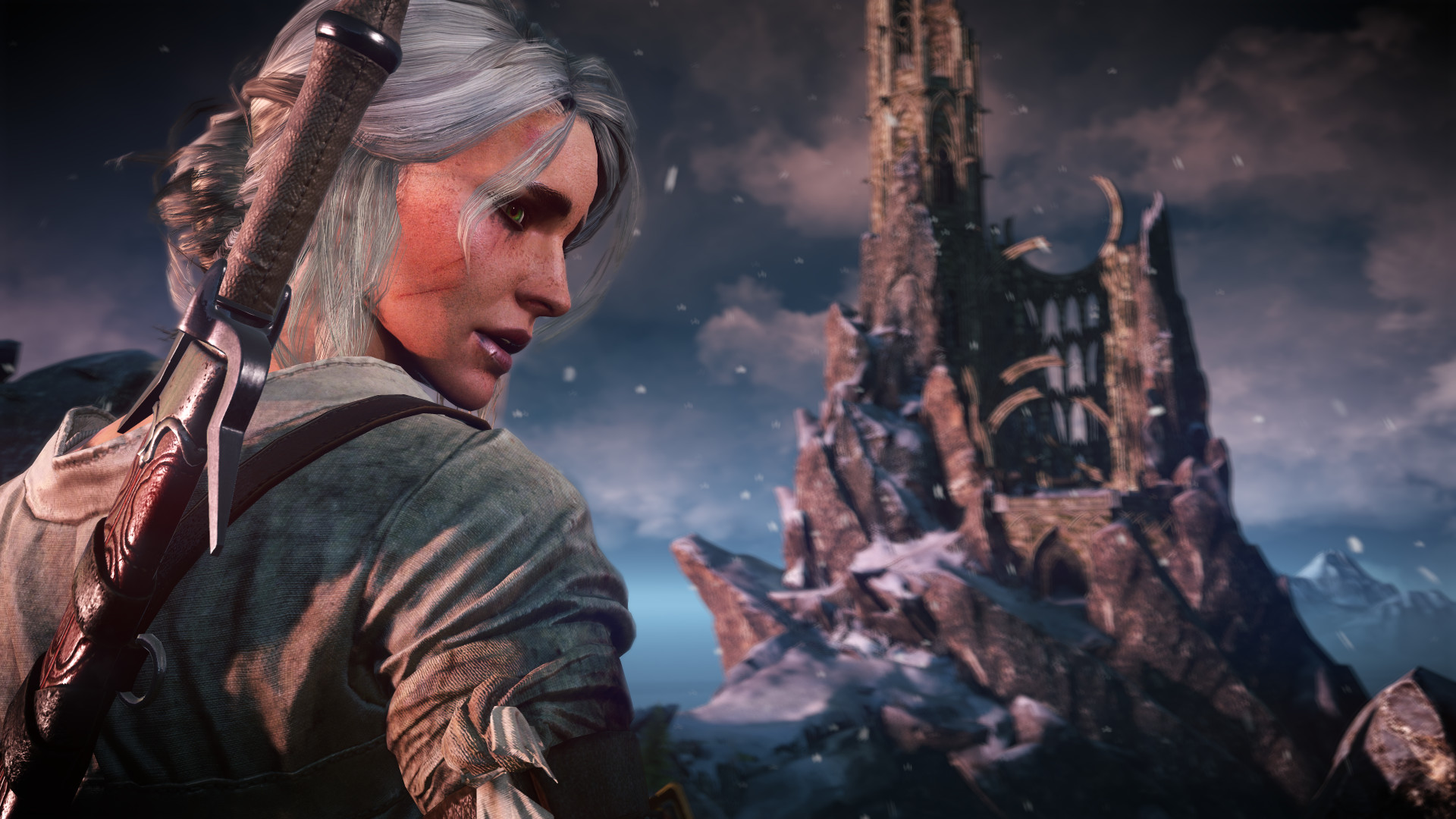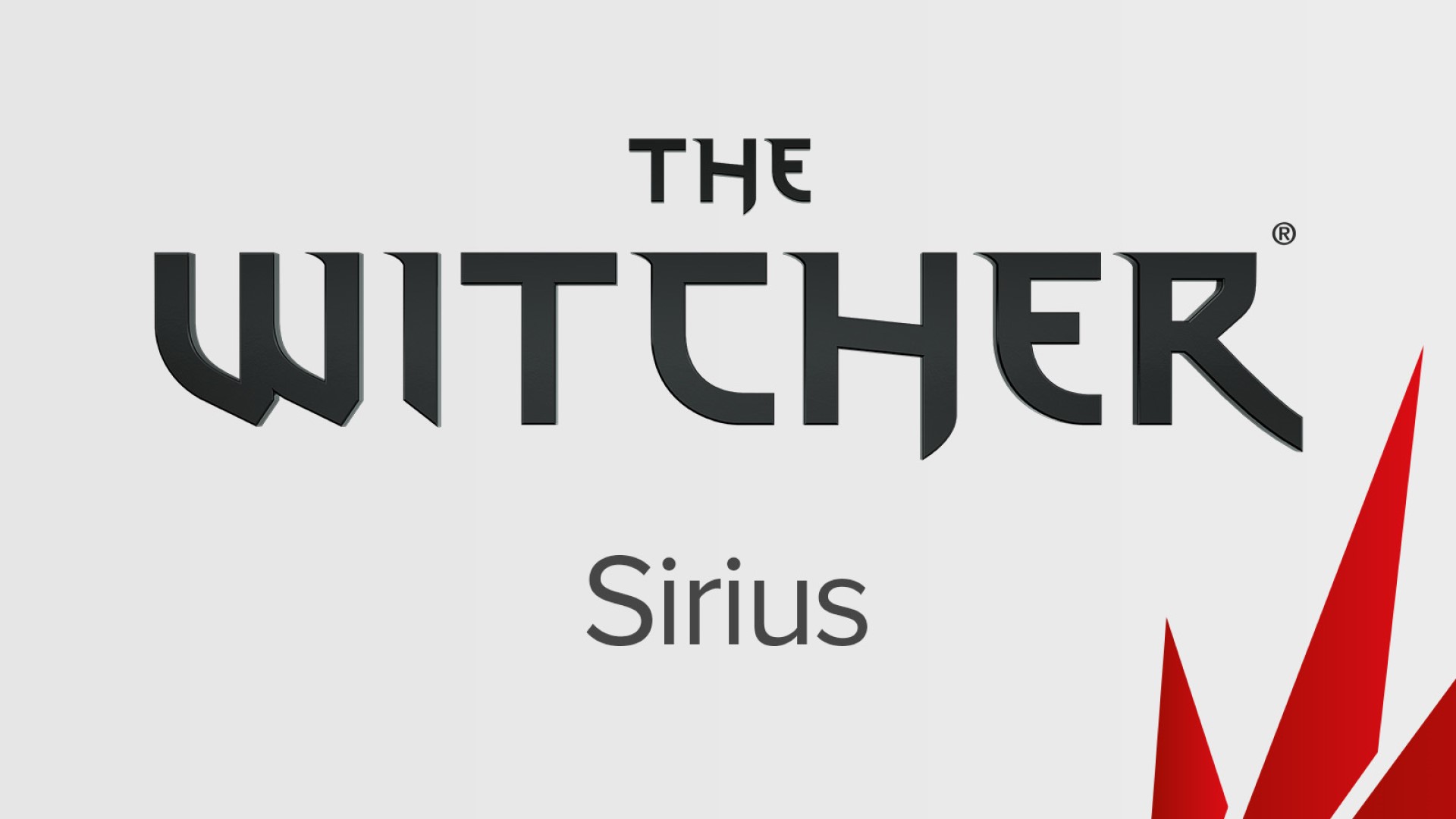CD Projekt's plans for The Witcher and Cyberpunk could have a hidden cost
Which Witcher is which?

Sign up for breaking news, reviews, opinion, top tech deals, and more.
You are now subscribed
Your newsletter sign-up was successful
CD Projekt RED has come out with a host of announcements for five new projects, including five new Witcher games, a sequel to Cyberpunk 2077, and a game set in an original series.
The prospect of a new Witcher trilogy is very exciting, and CD Projekt RED’s six-year timeline for releasing three separate Witcher games is ambitious, and that's before we even consider the Cyberpunk 2077 sequel or the new IP. However, given that the Polish video game developer is using ominous-sounding codewords for its new Witcher games, making heads or tails of what’s going on can be difficult. Here’s the breakdown.
“Polaris” is the codename for the next Witcher game. Currently in pre-production, Polaris is, as far as we understand it, The Witcher 4, heralding the start of a second Witcher saga. Though we don't have codenames for Polaris' two planned sequels yet, CD Projekt RED has committed to releasing them down the line. Next up, we have Canis Majoris. This one’s a standalone game developed by an external studio featuring developers with previous experience working on the Witcher series. Lastly, we have Sirius, which aims to be a stark departure from previous titles. Developed by The Molasses Flood, this one intends to use multiplayer to complement a single-player campaign “with quests and a story”.
Here's a summary of the announcements and their codenames:
- Orion: The next fully-fledged Cyberpunk game, in development at CD Projekt RED.
- Polaris: The first game in a new Witcher trilogy in pre-production at CD Projekt RED.
- Canis Majoris: A standalone Witcher game by an external studio.
- Sirius: A story-driven game by a smaller studio with multiplayer elements.
- Hadar: A new series, set in an original universe, created by CD Projekt RED.
Sirius business

For Witcher fans, the implications of these ambitious announcements are massive. We've already seen CD Projekt RED dip its toes into expanding the universe of its Witcher games. The developer illustrated that the broad and expansive fantasy setting is ripe for exploration with the Witcher card game Gwent and its standalone spinoff.
These aren't throwaway games, either: Gwent: Rogue Mage is a great Witcher game in its own right. If CD Projekt RED plays its cards right, the sheer breadth of opportunities on offer within the Witcher setting may well offset the danger of Witcher-based oversaturation.
It will also be fascinating to see where these new Witcher projects go with gameplay and narrative. Project Sirius looks to be a stark departure from the traditional Witcher formula. The emphasis on multiplayer could offer a refreshing change of pace for fans of the series. Though we don't know exactly what form this will take yet, the idea of fighting dark-fantasy monsters with a group of pals certainly has an appeal. Though EA's gritty Monster Hunter-Like, Wild Hearts may pip CD Projekt RED to the post.
Sign up for breaking news, reviews, opinion, top tech deals, and more.
However, even though two of the five announced Witcher titles are being developed by an "external studio" and The Molasses Flood rather than CD Projekt RED proper, it's fair to say that all of these developers will have their work cut out for them. It's no secret that crunch culture was a serious problem during Cyberpunk 2077's development and that we shouldn't ignore the Witcher 4's warning signs.
Hopefully, by dividing up the workload, CD Projekt RED can avoid the delays and crunch conditions that plagued The Witcher 3 and Cyberpunk 2077, but the studio has done little to prove it's changed since December 2020. When deadlines are approaching and three Witcher games, a Cyberpunk sequel, and a new IP are all on the slate, will the studio be able to resist trying to hit release dates by throwing its staff into the meat grinder?
I fear we may be heading towards a repeat of the Cyberpunk 2077 debacle, where CD Projekt RED promises more than it can deliver and, in doing so, could hurt its own employees. Nobody wins when game developers oversell. Release dates, and fair treatment of workers, are both likely to slip in this kind of environment.

An editor and freelance journalist, Cat Bussell has been writing about video games for more than four years and, frankly, she’s developed a taste for it. As seen on TechRadar, Technopedia, The Gamer, Wargamer, and SUPERJUMP, Cat’s reviews, features, and guides are lovingly curated for your reading pleasure.
A Cambridge graduate, recovering bartender, and Cloud Strife enjoyer, Cat’s foremost mission is to bring you the best coverage she can, whether that’s through helpful guides, even-handed reviews, or thought-provoking features. She’s interviewed indie darlings, triple-A greats, and legendary voice actors, all to help you get closer to the action. When she’s not writing, Cat can be found sticking her neck into a fresh RPG or running yet another Dungeons & Dragons game.